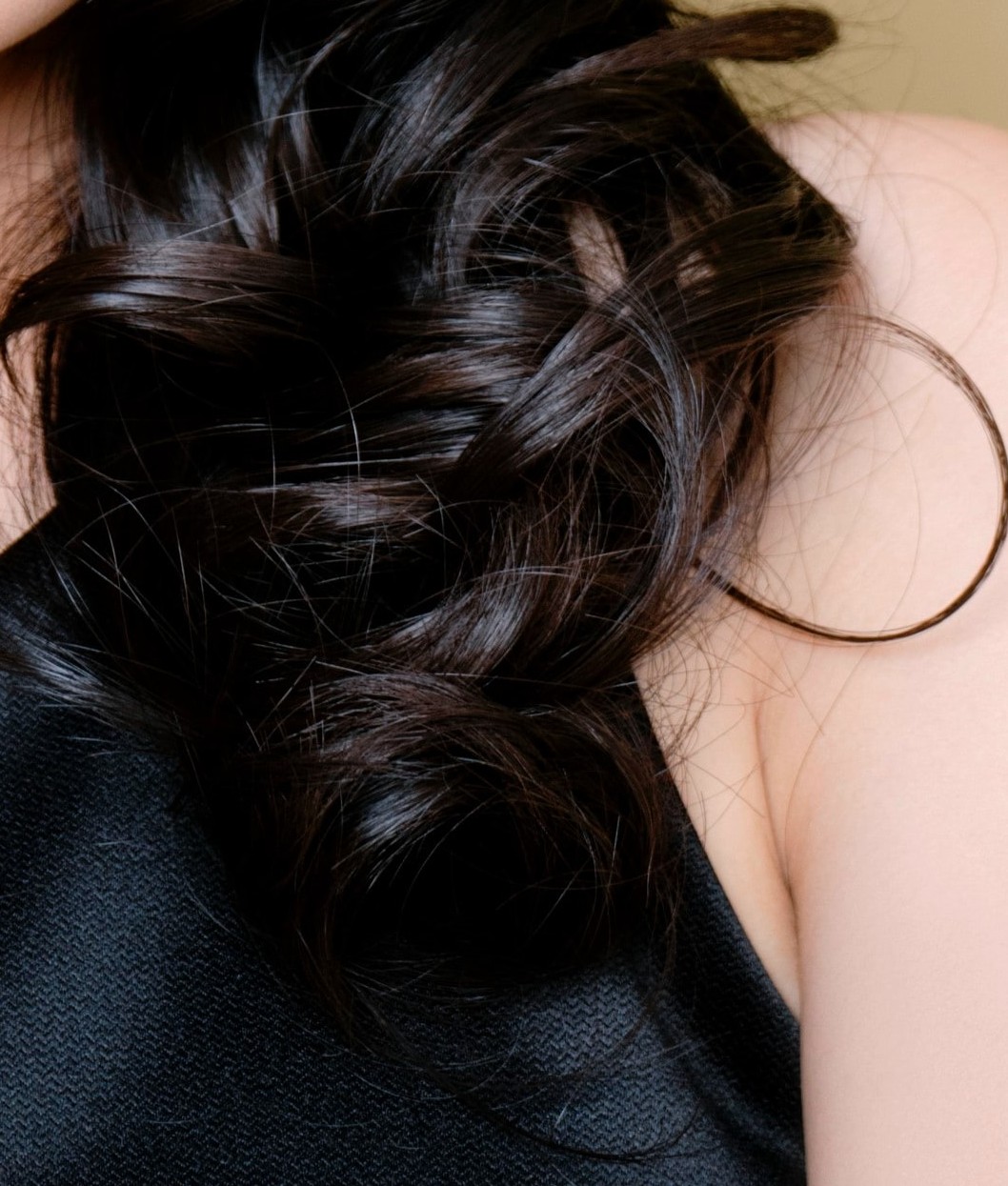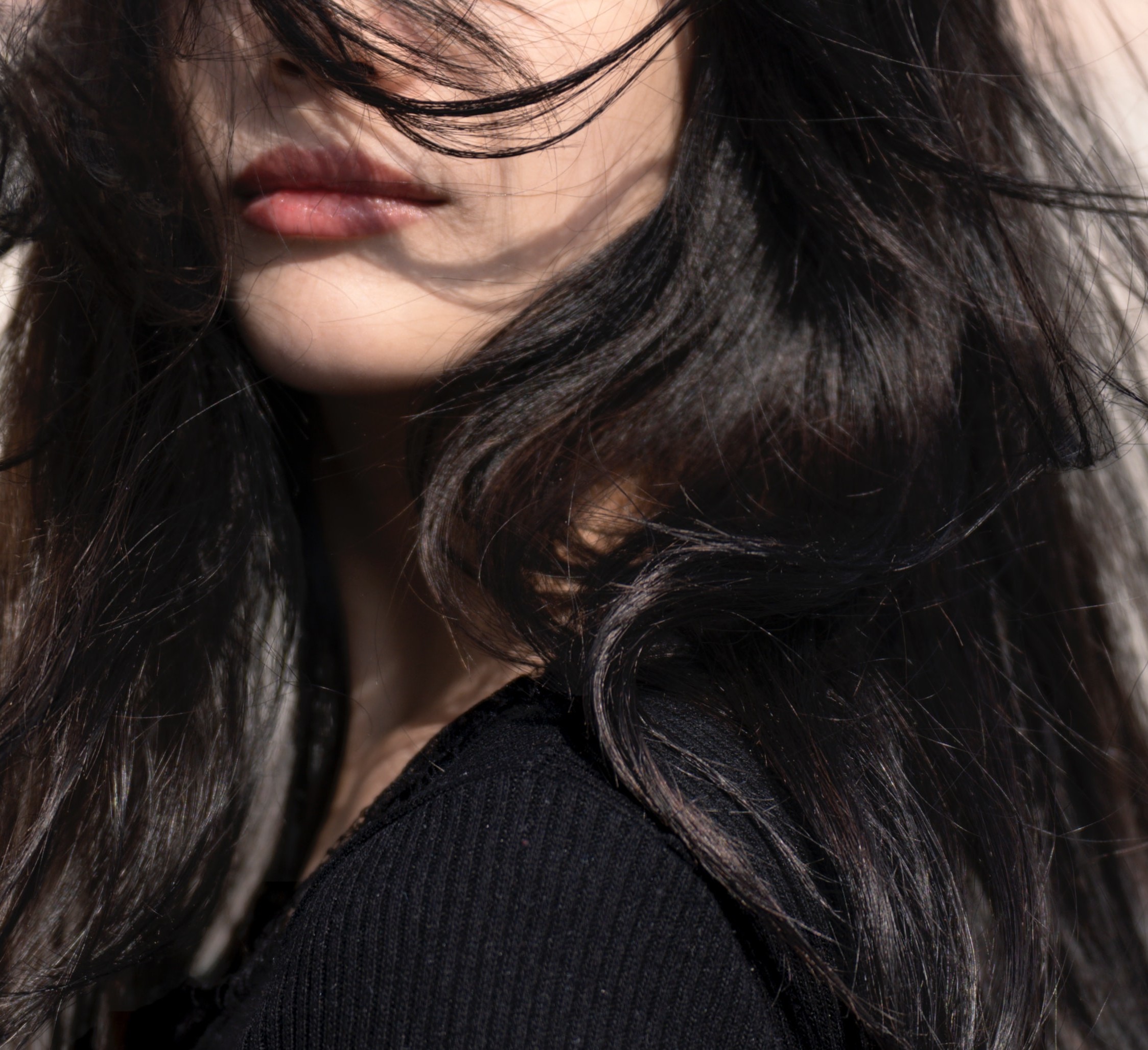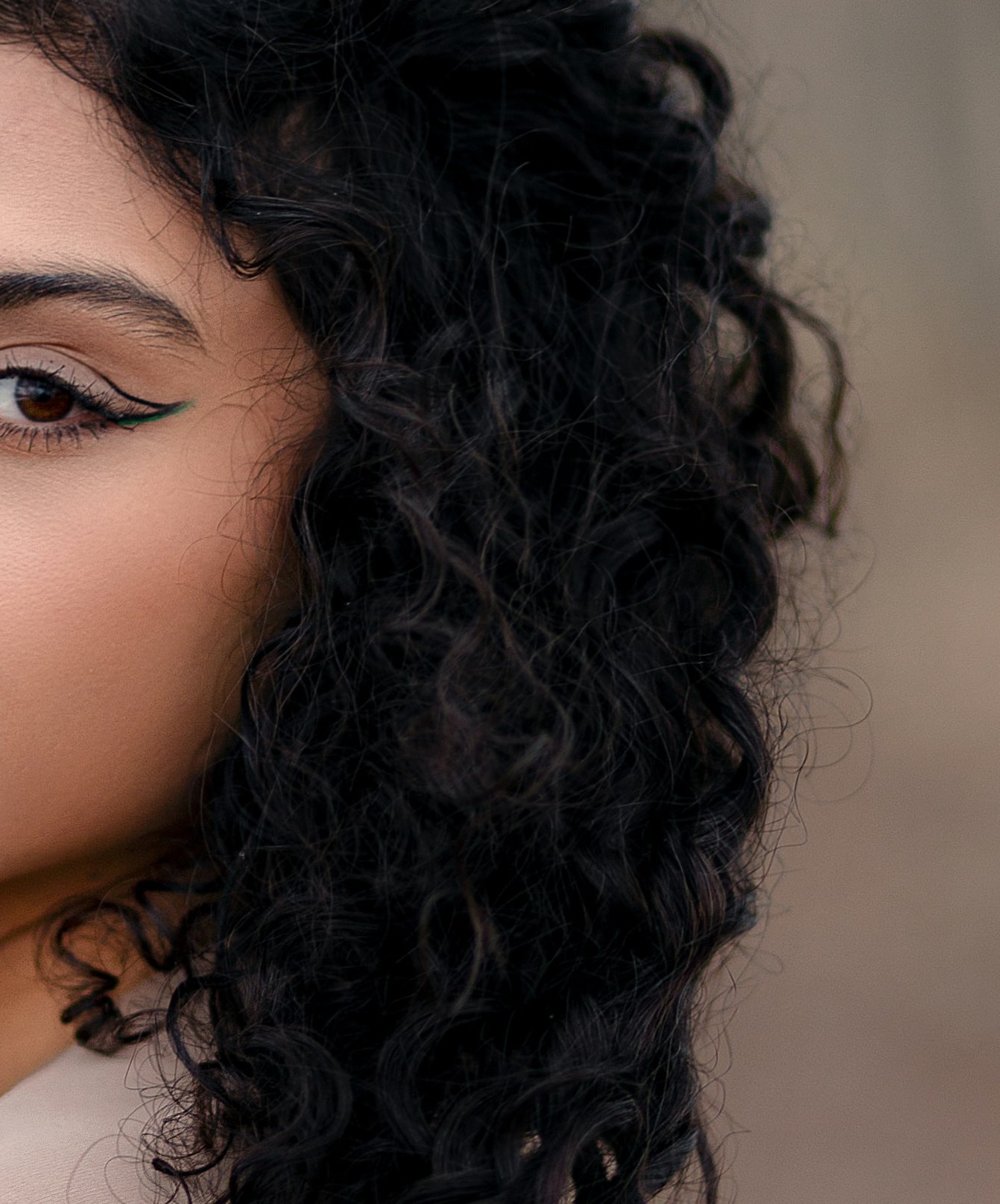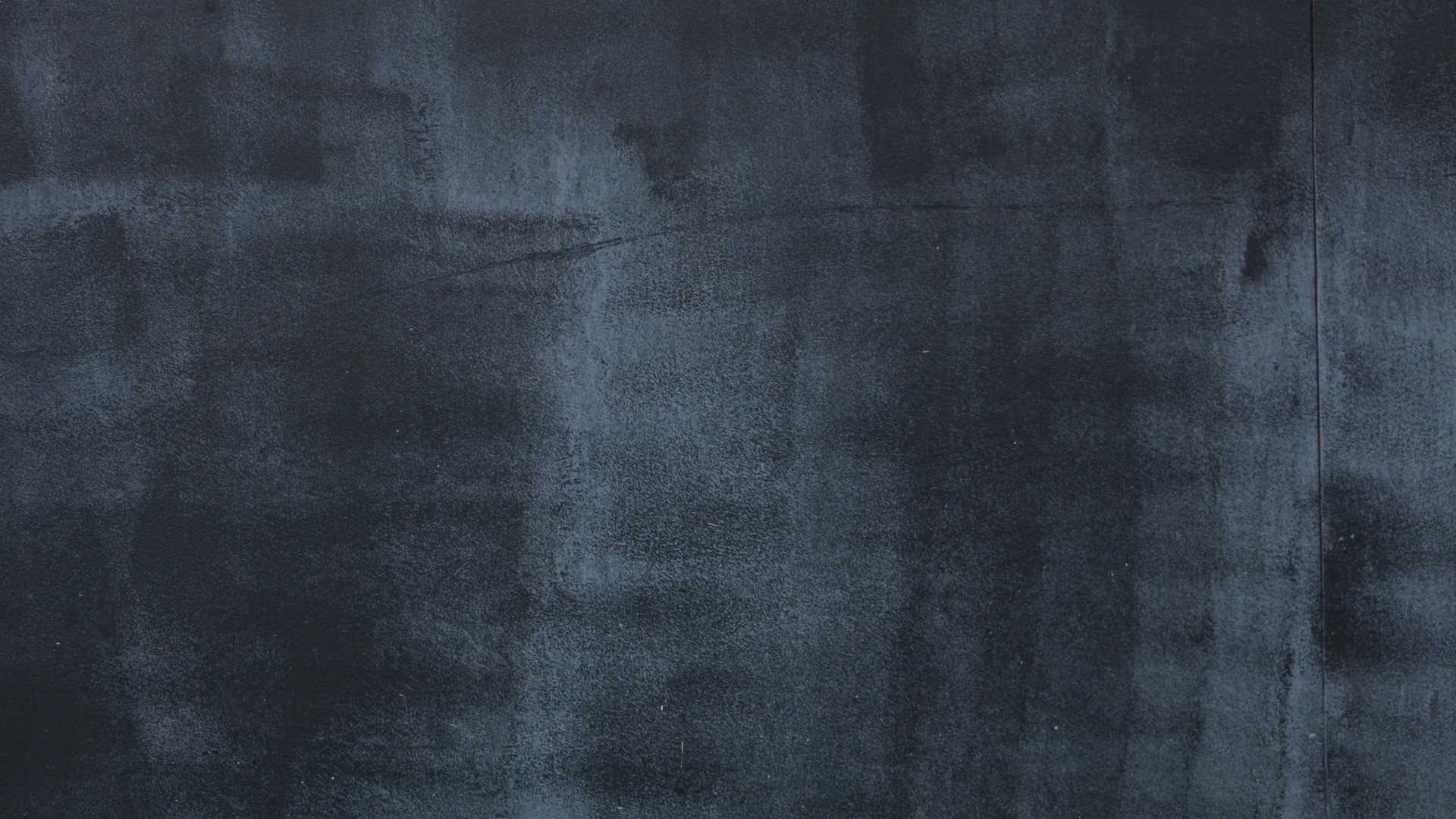Formulate user Sheena has a question about black hair dye:
Hi! I want to dye my hair black, but I'm not sure if I want it to be black forever. I might want to change it back to brown before my wedding in December. How long does black hair dye last? And is there a type of black hair dye where it will last for a while, but not forever?
Thanks for your question, Sheena!
How long a black hair dye lasts depends on the type of dye you use. Four main types of hair dyes are used today to dye hair black: temporary, semi-permanent, demi-permanent, and permanent.
Temporary hair dyes can darken your hair until your next wash
Temporary hair dyes penetrate only the hair's cuticle (the outer layer). The dyes are water-soluble, which means they rinse out with the first shampoo. They are applied to clean, damp hair as a leave-in treatment.
Temporary hair dyes can be used daily (for example, as purple conditioners or shampoos) or on special occasions. Spray on temporary colors can also work well for special events, like Halloween parties or cosplay conventions.

Temporary hair dyes are a good option for intensifying already dark hair colors and experimenting with different looks. With a temporary dye, you have black hair for a day, and see if you like it. But keep in mind that since they are temporary and only act on the surface of the hair, your hair may feel sticky, and the color may rub off on your clothes or skin. Temporary color is kind of like makeup, just on your hair.
Semi-permanent black hair dyes can keep your hair black/blackish for about 4 to 12 washes.
Unlike temporary hair dyes, semi-permanent hair dyes penetrate the hair's inner structure. These dyes are typically made for shampoo-in applications with a processing time of 20-40 minutes. The tiny color molecules eventually wash out in about 4-12 shampoos.
Semi-permanent hair color has no ammonia or peroxide, so it cannot lighten your hair, but it can certainly darken it and dye it black. Just keep in mind that because the dye is applied to the entire length of the hair, distribution of the dyes can be unpredictable. For example, resistant gray hair may only receive up to 50% coverage whereas porous, over-processed hair may receive 100% coverage and then fade more rapidly. The end result could be black hair that's very dark in some areas and not so much in others. You also may experience staining on the more damaged parts of your hair after the rest of the dye washes out, again leaving uneven color.
If you have light brown hair and apply a black temporary dye, you also might not like the color that you're left with after most of the black fades out. It's best to only use semi-permanent hair dyes to slightly alter the color that you already have - if you currently have very dark brown hair and want to play with a semi-permanent black dye, you should be OK. If you're blonde or very light brown, you might want to talk to your stylist first.

Demi-permanent black hair dyes last about 12 shampoos before it begins to fade
Demi-permanent hair dyes work differently than temporary or semi-permanent dyes. The black color molecules start out small so they can penetrate into the cortex. With the addition of peroxide, the small molecules bind together to form large color molecules that are trapped inside the cortex. The black color lasts around 6-8 weeks depending on how frequently you shampoo. Like semi-permanent color, the absence of an alkalizing agent (typically ammonia) means that the natural pigments of the hair will not be disrupted and your hair will not be lightened. Again, this typically isn't an issue for black dye, so you'll be good to go.
Demi-permanent hair dyes are a good option for achieving black hair without committing to permanent dye. It's also great for coloring over-processed/damaged hair or growing out old color - if your hair is naturally black or very dark and you want to go back to your natural hair color, a dark demi-permanent hair dye should be able to help. Demi-permanent color can be used to cover lighter hair without altering the color of new growth.
Permanent black hair dye also lasts around 6 to 8 weeks before fading.

Permanent hair dyes works similarly to demi-permanent dye, except for the presence of an alkalizing agent. The alkalizing agent opens the cuticle and swells the cortex, leaving the hair's natural pigment vulnerable to the peroxide. The black color molecules can then bind to the natural pigment, creating a permanent change.
One misconception about permanent color is that it won't fade. Any color deposited into the hair will eventually fade, including black. To create the best results, keep in mind permanent black dye might not work well on color-treated hair, since it will interact with the pigment that's already been placed in the hair and damage the hair further. So if you're planning on dyeing your hair back to brown, you might not want to do permanent dye, since it will be pretty damaging to color your hair multiple times.
Four things to keep in mind when using black hair dyes:
1) If hair has been pre-lightened, semi-permanent black color may act as demi-permanent or permanent color causing the pigment to stay in the hair longer.
2) Many shampoos have a high pH which acts like an alkalizing agent in the hair, thus allowing dye to bind with natural pigments. When the pigments fade, the hair might be left lighter than before color application. So yup, your natural hair color might be lighter after the semi or demi permanent hair color washes out.
3) Read home color kits carefully because the words "semi" and "demi" are often used interchangeably in marketing. Check ingredients for hydrogen peroxide (also called dioxidane and dihydrogen dioxide). Peroxide will indicate that it is demi-permanent color.
4) Ammonia is just one of many alkalizing agents, so it can still be a permanent hair color if it says "ammonia-free". Alkalizers are more difficult to identify since there are so many, but the most common are: mono-ethanolamine (MEA) and ammonium hydroxide. Also look for compatible ammonia derivatives such as alkylamine, ethylamine, triethylamine, alkanolamine, monoethanolamine, triethanolamine, or aminomethylpropanol as well as alkali metal carbonates such as sodium hydroxide and potassium hydroxide.

Wanna learn more about the world of skin and hair care? Here's your next read:
Frizzy Curly Hair Care 101
How to defrizz your curls and get 'em back into shape!
Hot Rollers Vs. Curling Irons
What's the difference between hot rollers and curling irons?
Difference Between a Mole and a Freckle
What's the difference between a mole and a freckle?
Moisturizer vs Lotion: What's the difference?
Can you use body lotion on your face?
Tips For Washing Hair In Hard Water
This is your guide to washing your hair in hard water
Minimalist Hair
Welcome to the wonderful world of minimalist hair
Type of Combs: Materials and Shapes
Your complete guide to picking out a comb






